Bridging Visions: Aligning the Global Digital Compact (GDC) and WSIS+20 Overall Review by the UN GA
United Nations Department of Economic and Social Affairs / Division for Public Institutions and Digital Government
Session 254
Session Description (45 minutes):
This session provides a strategic update for co-facilitators on developments in aligning Global Digital Compact (GDC) and WSIS+20.
Participants will discuss synergies, identify gaps, and explore pathways toward coherent integration, emphasizing the continued relevance of the WSIS vision for an inclusive, people-centred Information Society.
Guiding questions for the consultation:
1. How can we meaningfully integrate the WSIS+20 review process and the Global Digital Compact to ensure coherence and prevent duplication?
2. How can the WSIS framework serve as the foundation for embedding the GDC’s principles and avoiding the creation of parallel or fragmented digital governance mechanisms?
3. What is a pragmatic path forward for the Co-Facilitators to align both processes and advance shared objectives in multistakeholder digital cooperation?
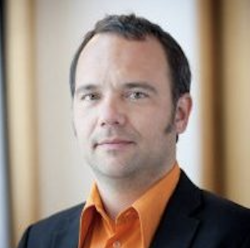


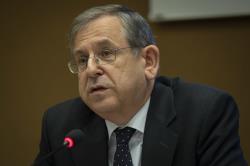
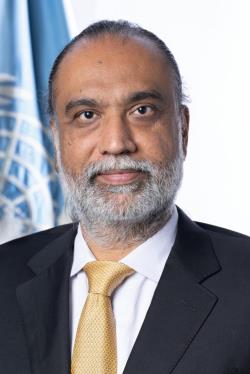
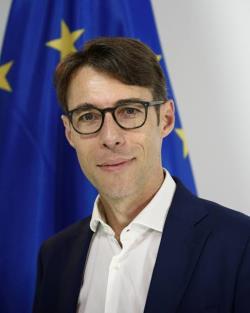
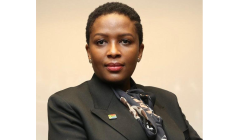
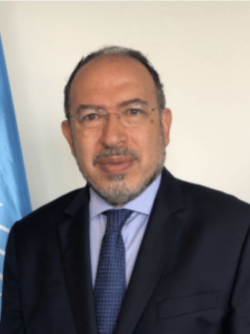

- Objective 1: Close all digital divides and accelerate progress across the Sustainable Development Goals
- Objective 2: Expand inclusion in and benefits from the digital economy for all
- Objective 3: Foster an inclusive, open, safe and secure digital space that respects, protects and promotes human rights
- Objective 4: Advance responsible, equitable and interoperable data governance approaches
- Objective 5: Enhance international governance of artificial intelligence for the benefit of humanity